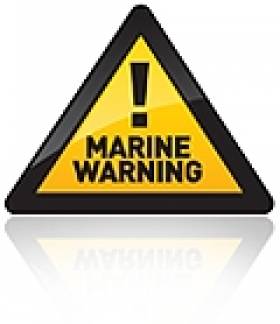Displaying items by tag: Owner
Surveyors Issue Boat Launch Warning
Boat owners are being warned of of the lasting consequences of the winter's big freeze and the possible damage to boats on launching this season.
At the most recent meeting of the Irish Branch of the International Institute for Marine Surveying members highlighted a real danger of some boats sinking shortly after being launched due to cracked pipe work on intakes and discharges where fresh water was not drained from cooling and other systems.
Owners and Boat yard employees are reminded to check carefully all pipe work prior to launching boats and immediately when the boat enters the water. Check that all valves are operating correctly. Complete a full check for leaks and monitor the bilge water during the first few hours when the boat has been re-launched.
Engine blocks should also be checked for frost damage prior to staring them. Do not start them if you see fractures, have the engine checked by a marine mechanic if in any doubt whatsoever. Batteries may also be dead and need of replacement due to the severe weather experienced over the Winter months.
Good Tips for Beginner Boat Buyers
So you're taking the plunge and buying your first boat, but you don't know where to begin.
Luckily there's a host of hints and tips online to guide boating novices towards their first purchase, and the latest guide at Cool Articles is no exception.
The Beginners Guide for New Owners breaks things down into a simple list of everything new boaters must consider - from finding the type of boat that best fits your needs, to finding the right dealer at the right price, and understanding what owning a boat really entails.
See more of Buying a Boat - Beginners Guide for New Owners at http://travel.coolarticles.org/buying-a-boat-beginners-guide-for-new-owners/































































